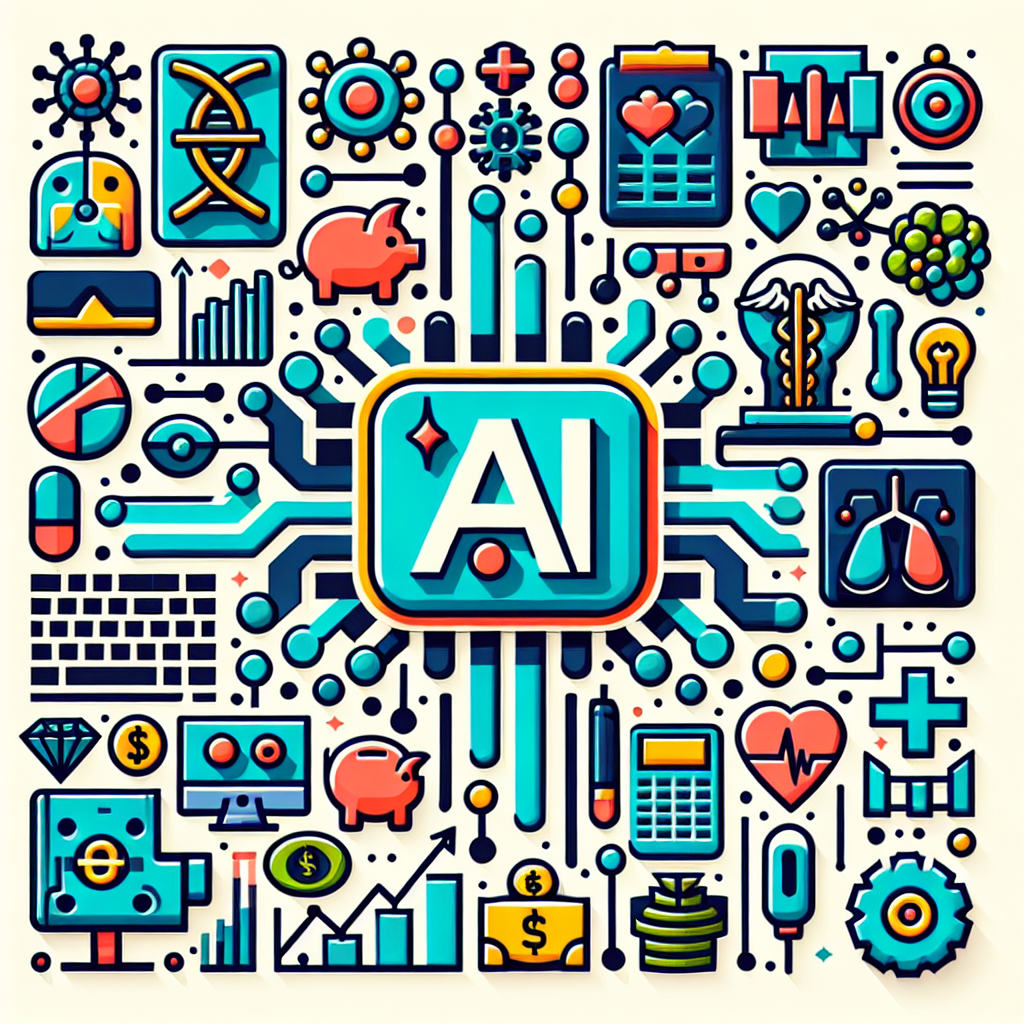Artificial General Intelligence (AGI) has the potential to revolutionize various industries, including healthcare, finance, and more. AGI refers to a type of artificial intelligence that possesses the ability to understand and learn any intellectual task that a human being can. Unlike narrow AI, which is designed for specific tasks, AGI aims to mimic human intelligence in a broader sense.
The development of AGI has the potential to bring about significant changes in the way we live and work. In this article, we will explore how AGI can be a game-changer in healthcare, finance, and other industries, as well as address some frequently asked questions about this emerging technology.
AGI in Healthcare
In the field of healthcare, AGI has the potential to revolutionize the way medical professionals diagnose and treat diseases. With its ability to analyze vast amounts of data and make complex decisions, AGI can help doctors identify patterns and trends that may not be apparent to the human eye. This can lead to more accurate diagnoses and personalized treatment plans for patients.
AGI can also improve the efficiency of healthcare systems by automating routine tasks and streamlining processes. For example, AGI-powered chatbots can assist patients with scheduling appointments, answering questions, and even monitoring their health remotely. This can free up healthcare professionals to focus on more complex tasks and provide better care to their patients.
Additionally, AGI can help researchers accelerate the pace of medical discoveries by analyzing large datasets and identifying potential drug candidates or treatment options. This can lead to faster development of new therapies and improved outcomes for patients with various medical conditions.
AGI in Finance
In the finance industry, AGI can be a game-changer by improving decision-making processes, reducing risks, and increasing efficiency. AGI-powered algorithms can analyze market trends, economic indicators, and other data points to make more accurate predictions about stock prices, currency exchange rates, and other financial instruments.
AGI can also help financial institutions detect fraudulent activities, identify patterns of money laundering, and assess credit risks more effectively. By automating these processes, AGI can save time and resources while improving the overall security and integrity of the financial system.
Furthermore, AGI can enhance customer service in the finance industry by providing personalized recommendations, answering queries, and solving problems in real-time. This can lead to better customer satisfaction and loyalty, as well as increased revenue for financial institutions.
AGI in Other Industries
Beyond healthcare and finance, AGI has the potential to transform various other industries, such as manufacturing, transportation, and entertainment. In manufacturing, AGI can optimize production processes, predict equipment failures, and improve quality control. In transportation, AGI can enhance autonomous vehicles, optimize traffic flow, and improve logistics and supply chain management. In entertainment, AGI can create more realistic and immersive virtual worlds, personalize content recommendations, and enhance user experiences.
FAQs about AGI
Q: What is the difference between AGI and narrow AI?
A: AGI is designed to mimic human intelligence in a broader sense, while narrow AI is focused on specific tasks or domains. AGI has the ability to learn and adapt to new tasks, whereas narrow AI is limited to the tasks it was designed for.
Q: Is AGI a threat to human jobs?
A: While AGI has the potential to automate certain tasks and processes, it can also create new job opportunities in industries that require human creativity, empathy, and critical thinking. The impact of AGI on the job market will depend on how it is implemented and integrated into various industries.
Q: What are the ethical implications of AGI?
A: The development and deployment of AGI raise ethical concerns related to privacy, security, bias, and accountability. It is important for researchers, developers, and policymakers to address these issues proactively to ensure that AGI is used responsibly and ethically.
Q: When will AGI be available for commercial use?
A: The timeline for the commercial availability of AGI is uncertain, as it depends on various factors such as technological advancements, regulatory frameworks, and market demand. Some experts predict that AGI could become a reality within the next decade, while others believe it may take longer to achieve.
In conclusion, AGI has the potential to be a game-changer in healthcare, finance, and other industries by improving decision-making processes, automating routine tasks, and enhancing customer experiences. While there are still challenges to overcome, the future of AGI looks promising as researchers and developers continue to push the boundaries of artificial intelligence.

